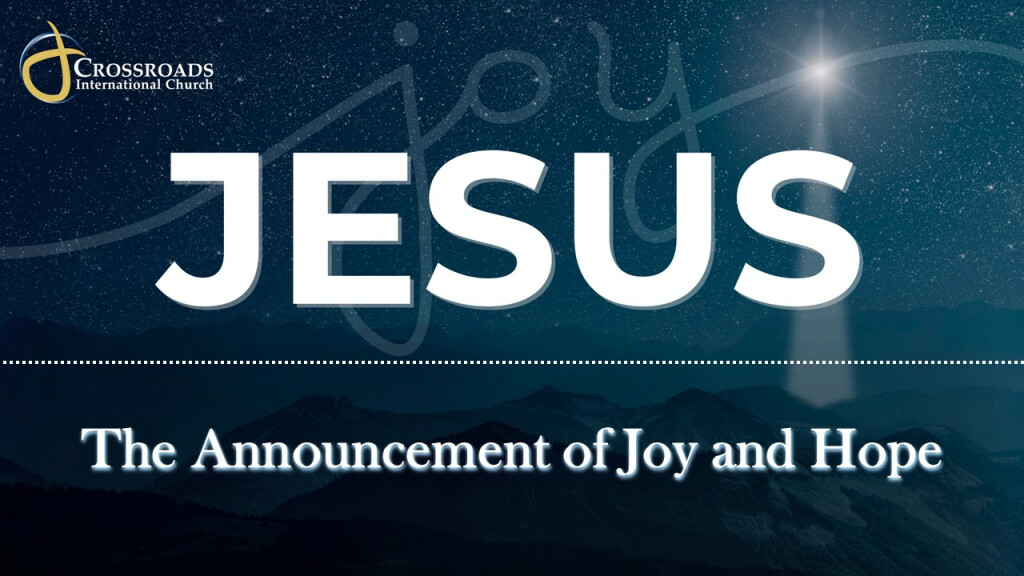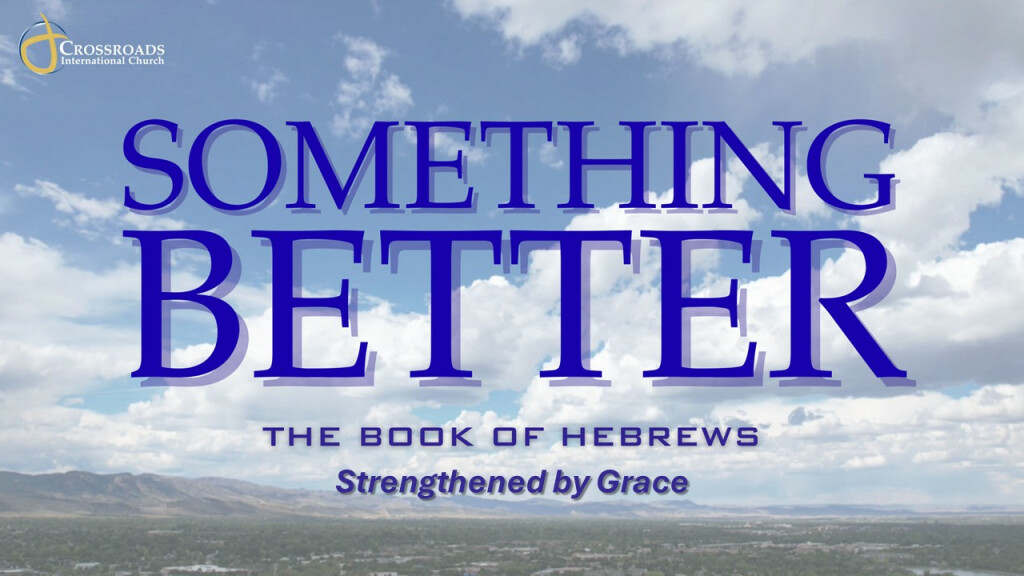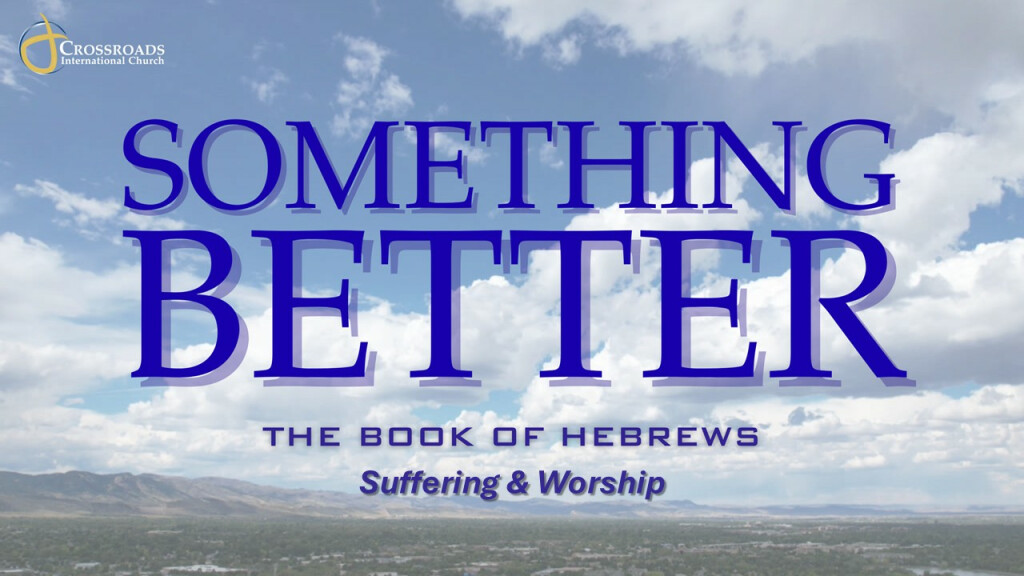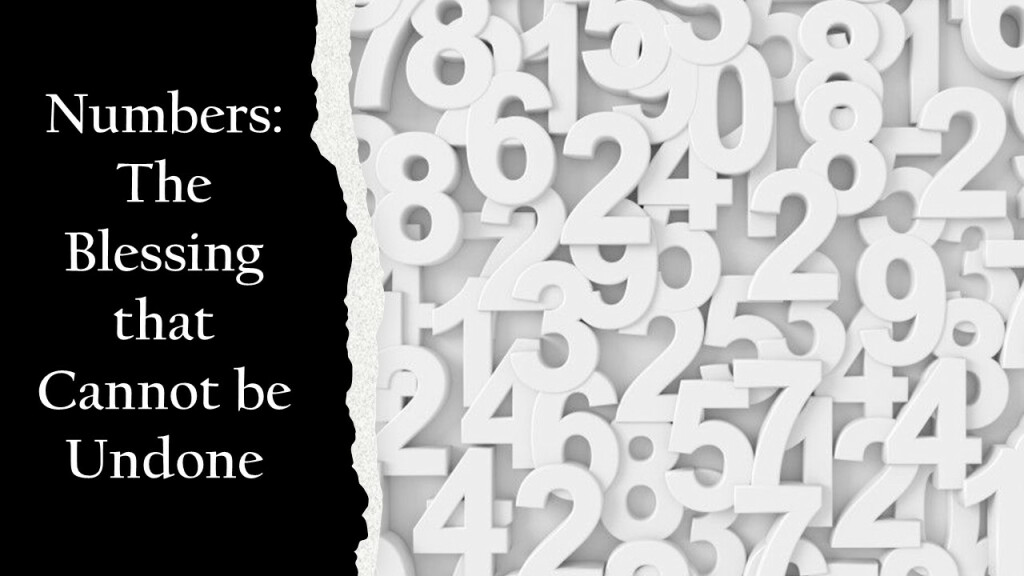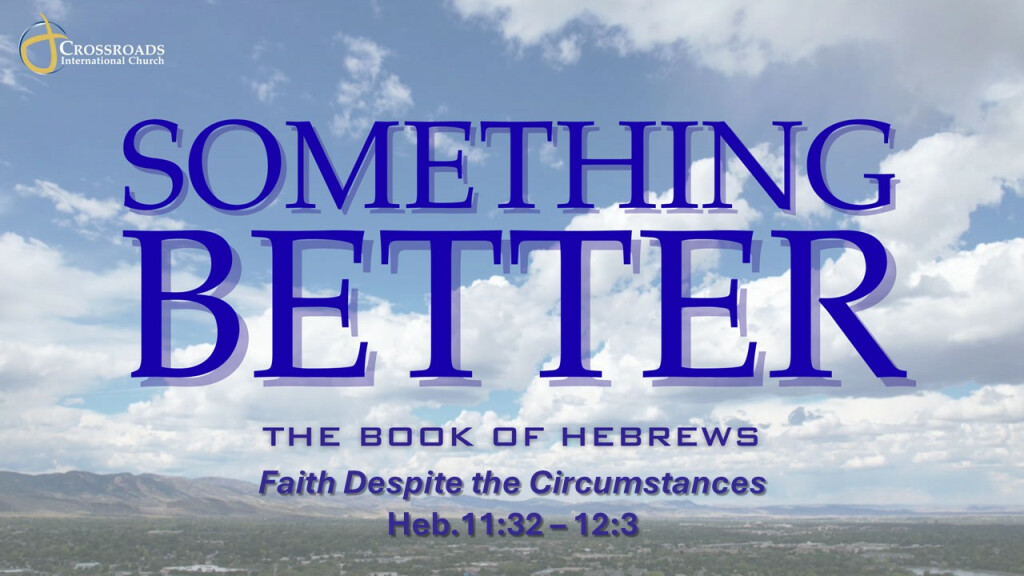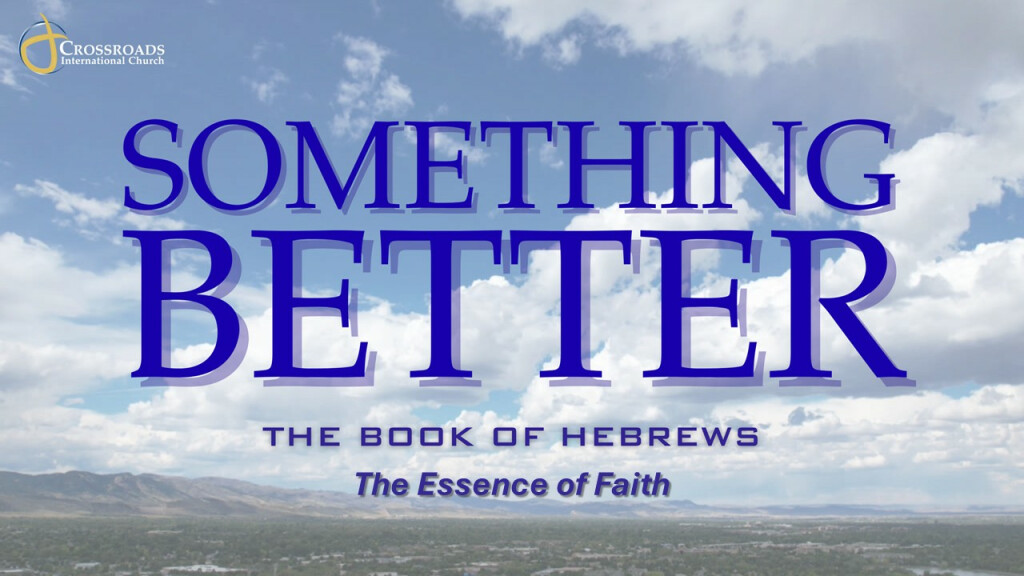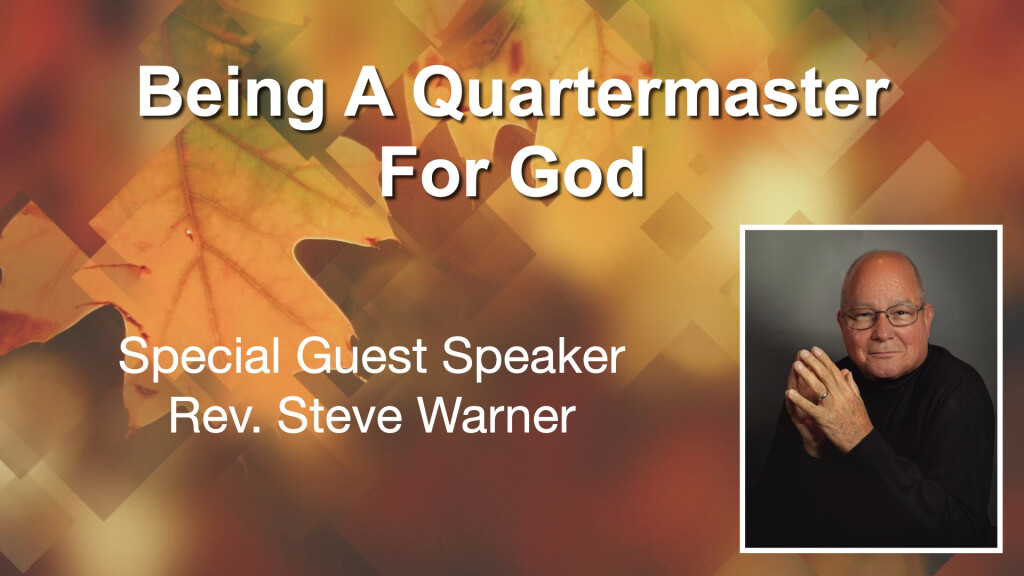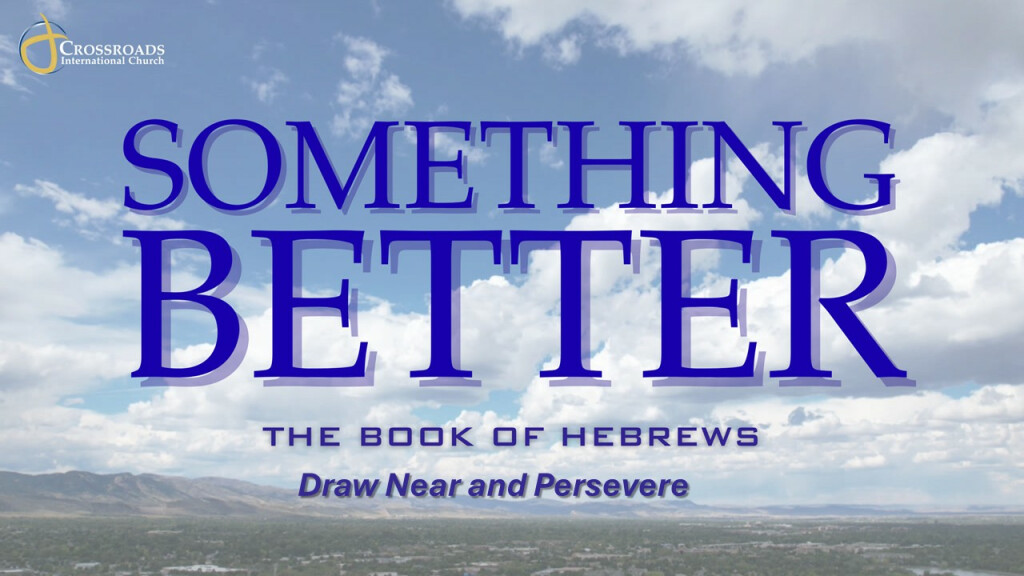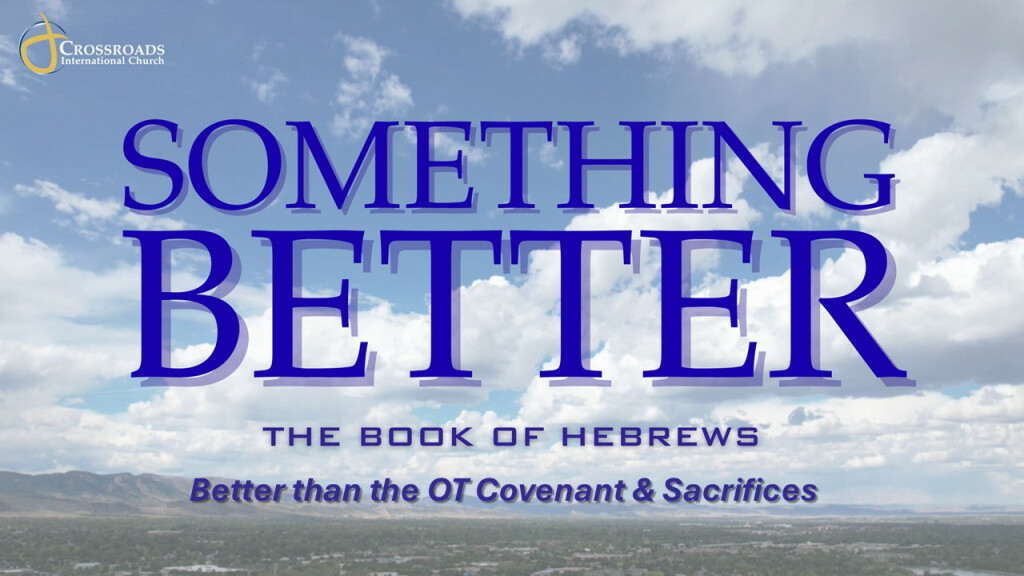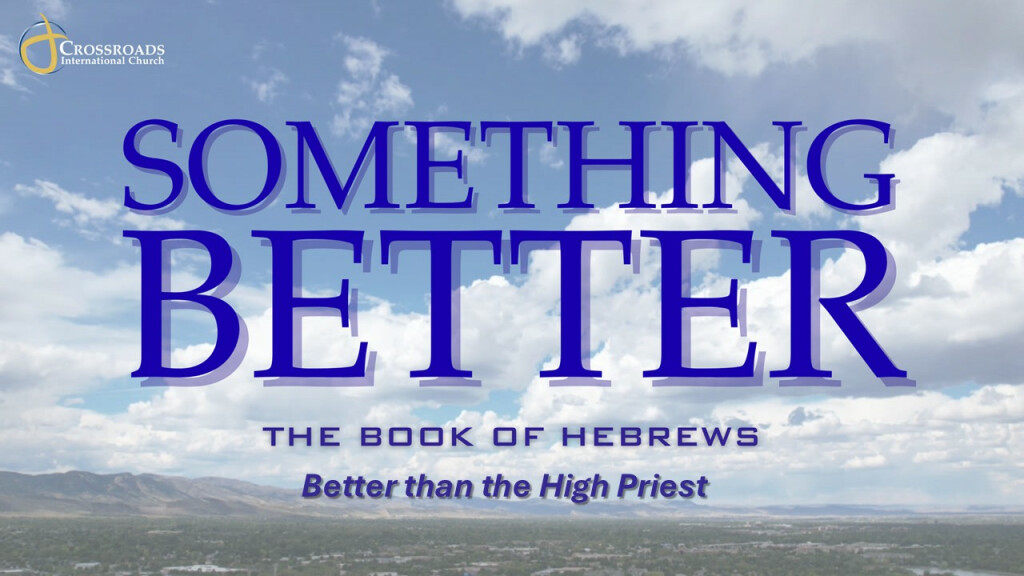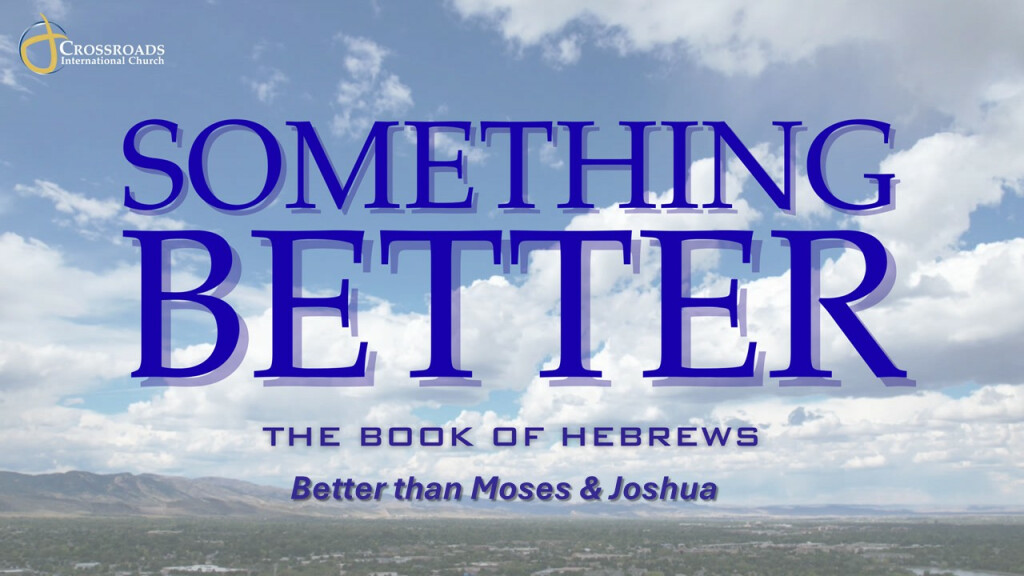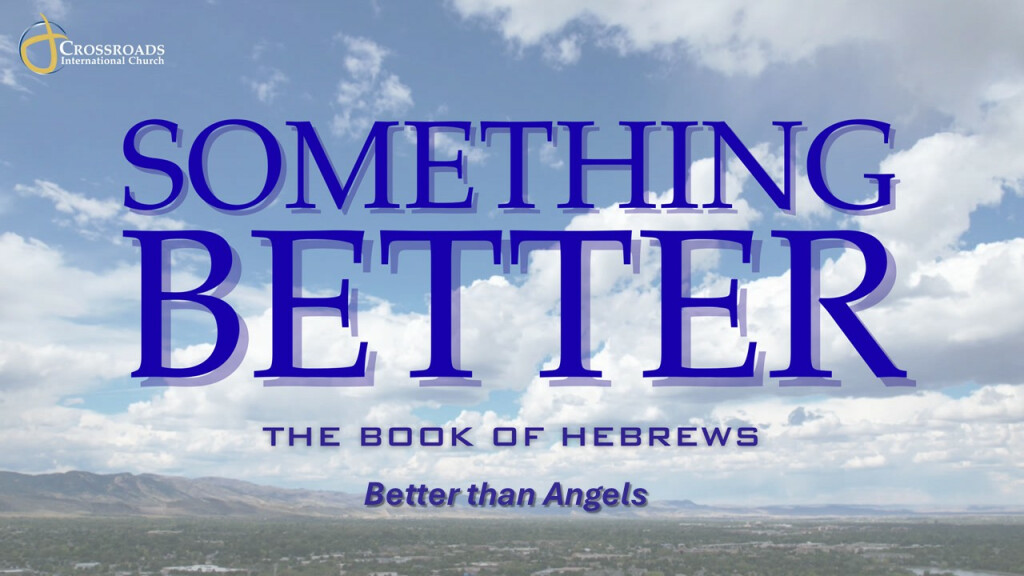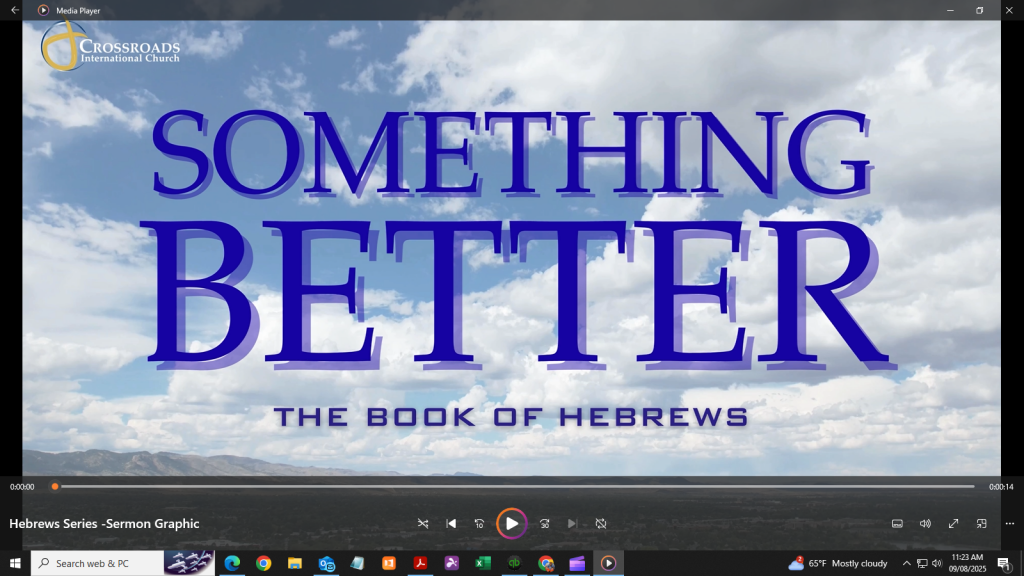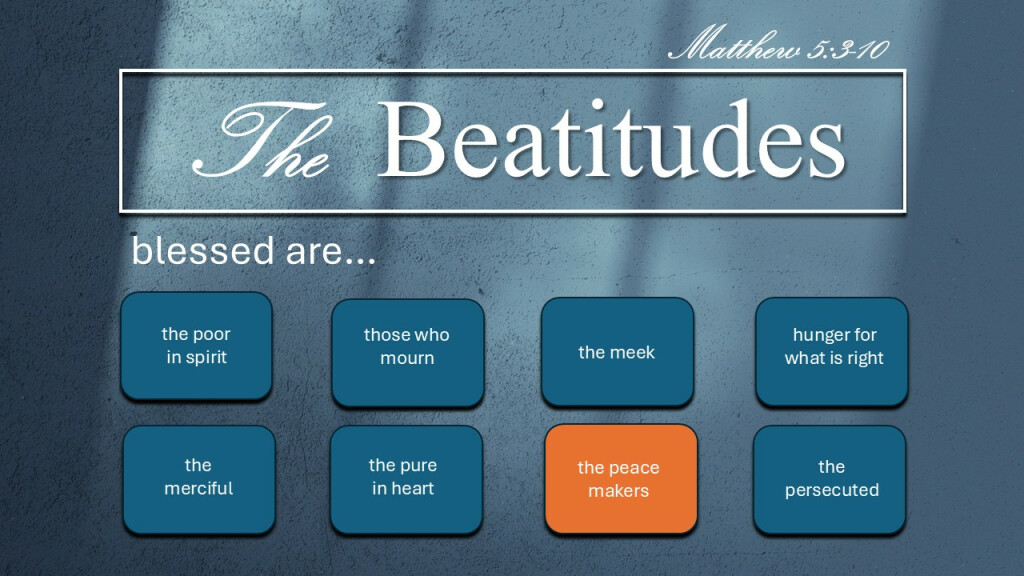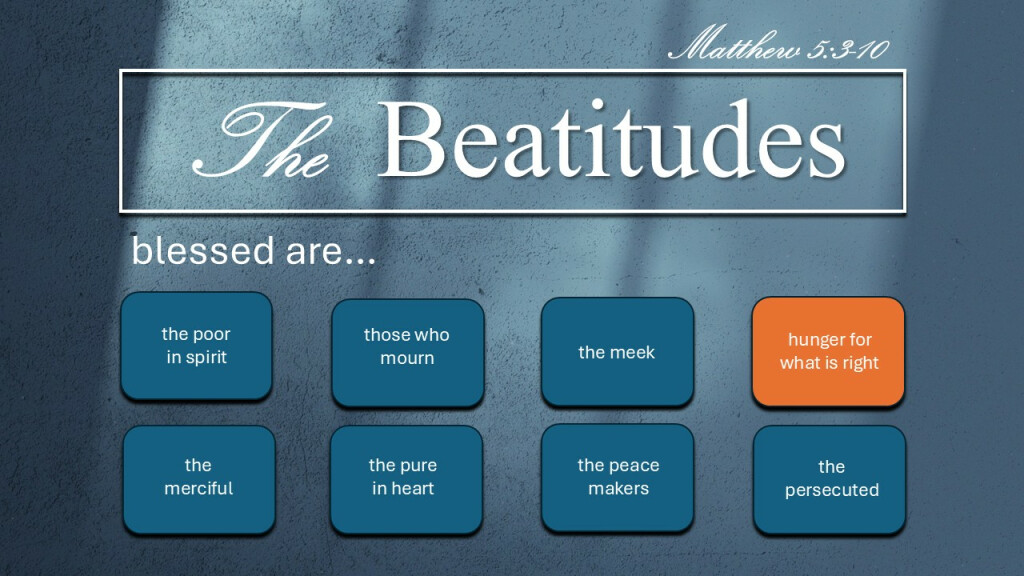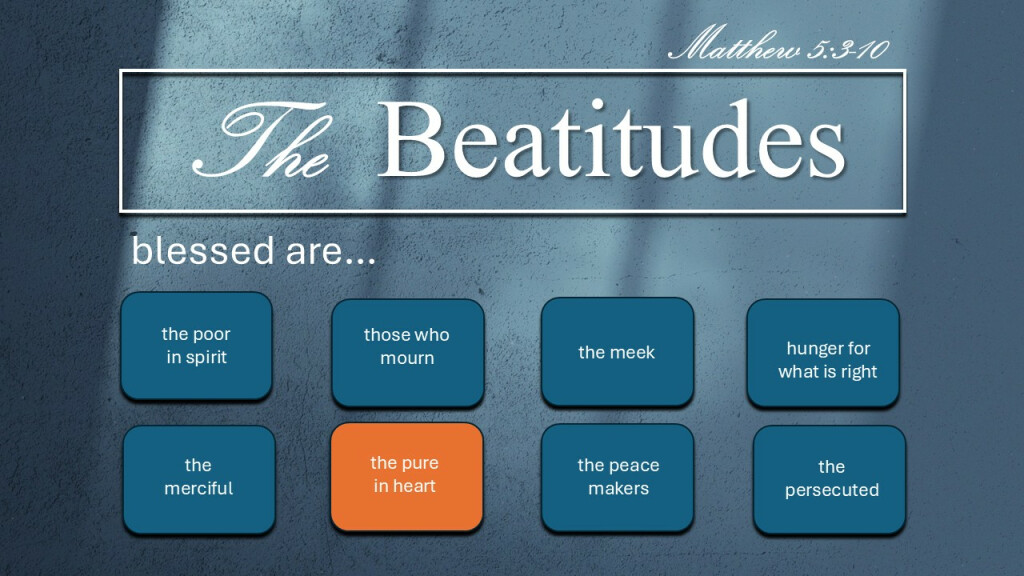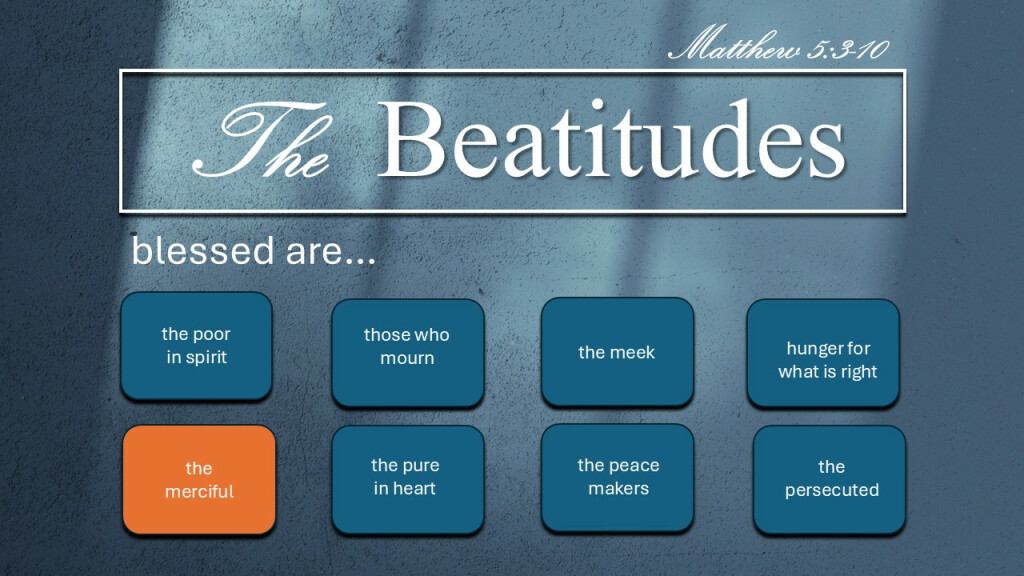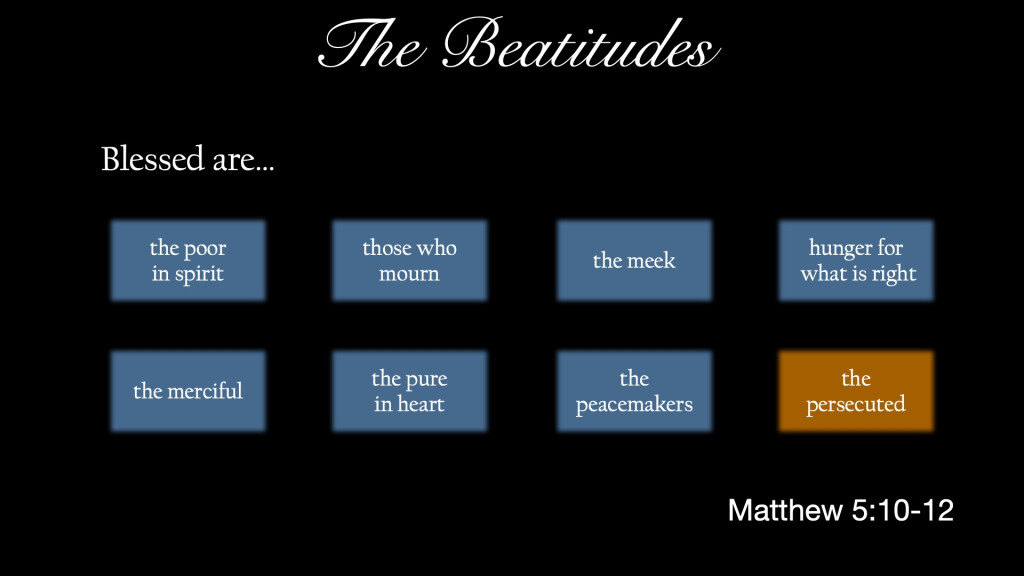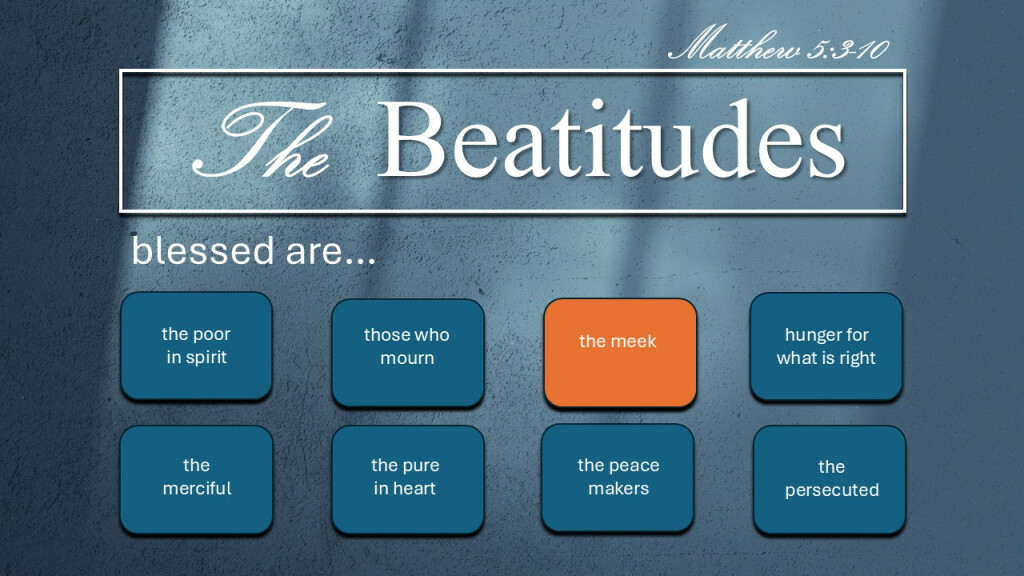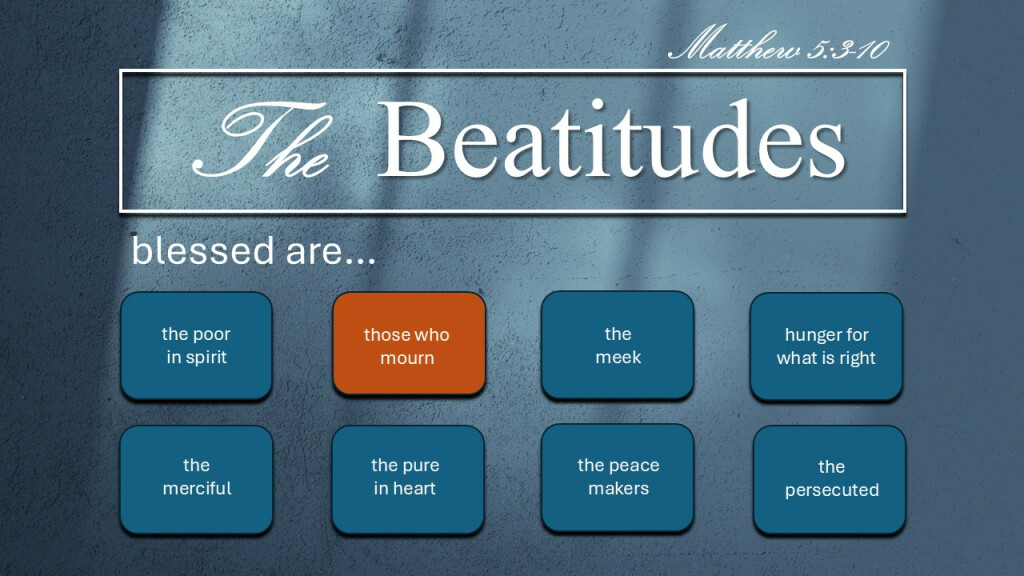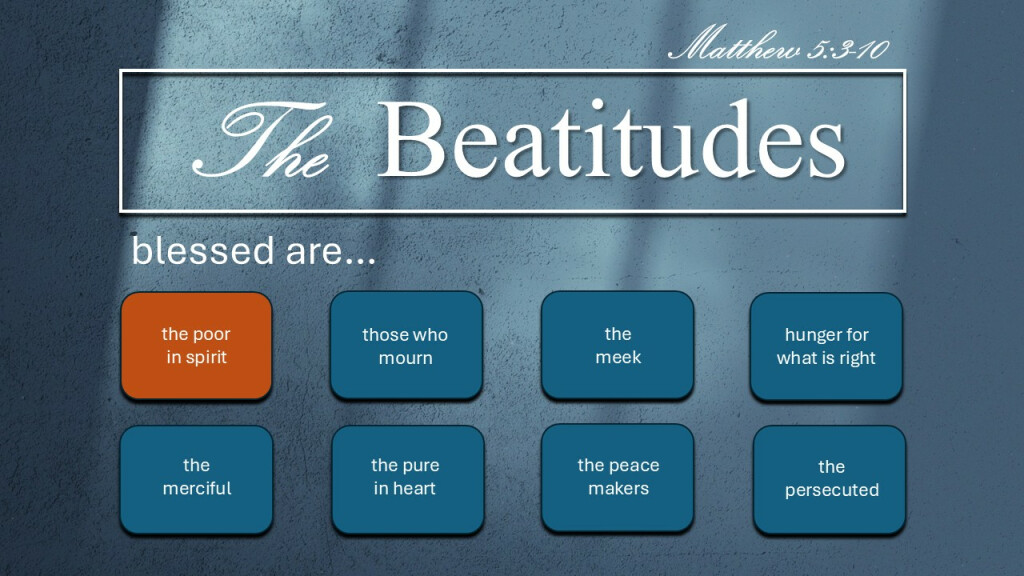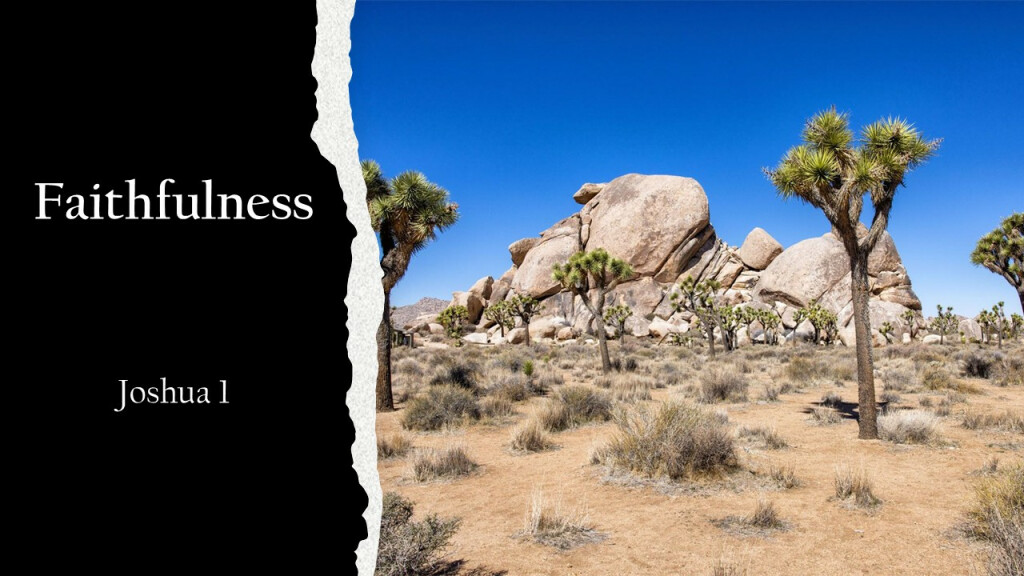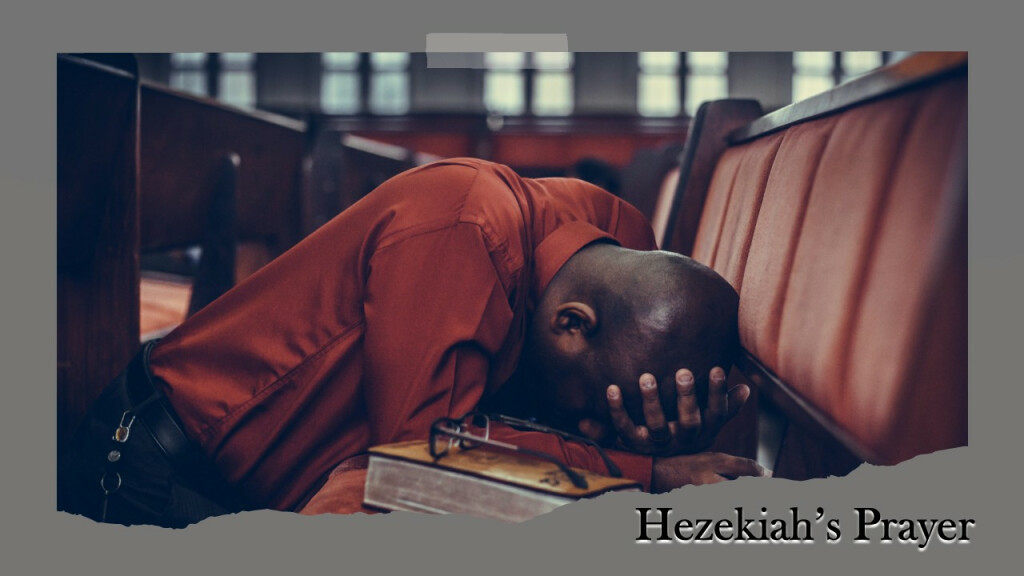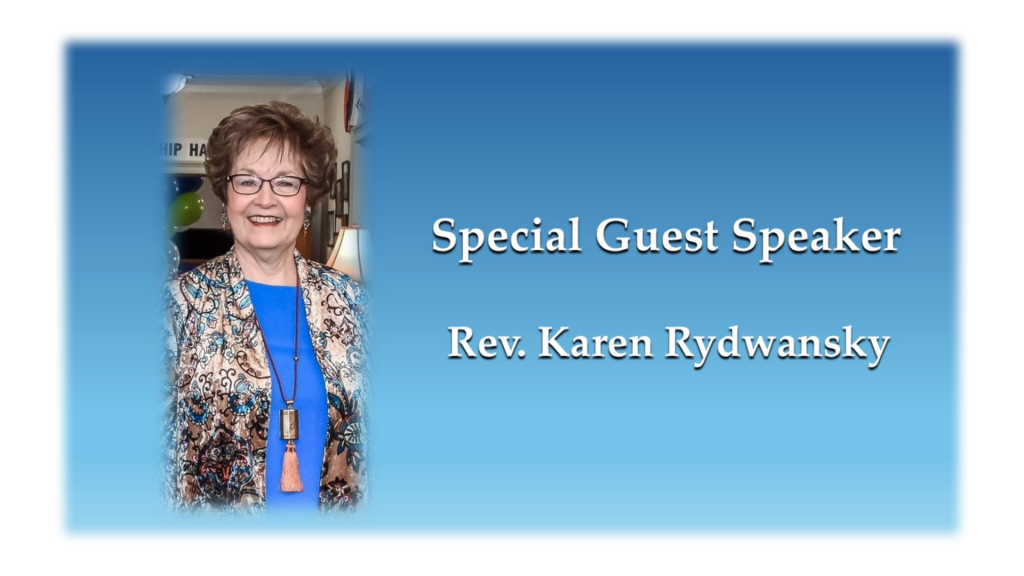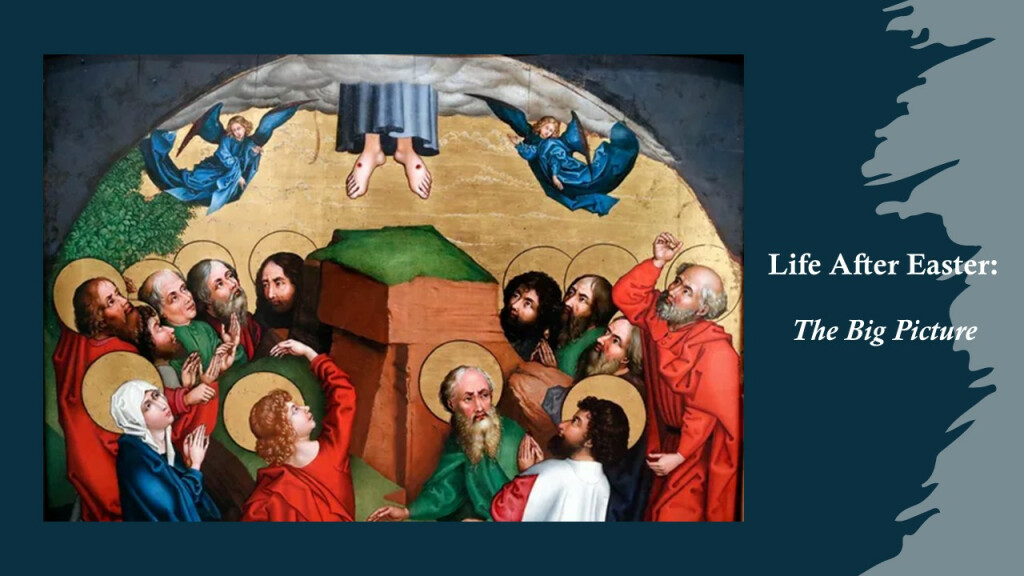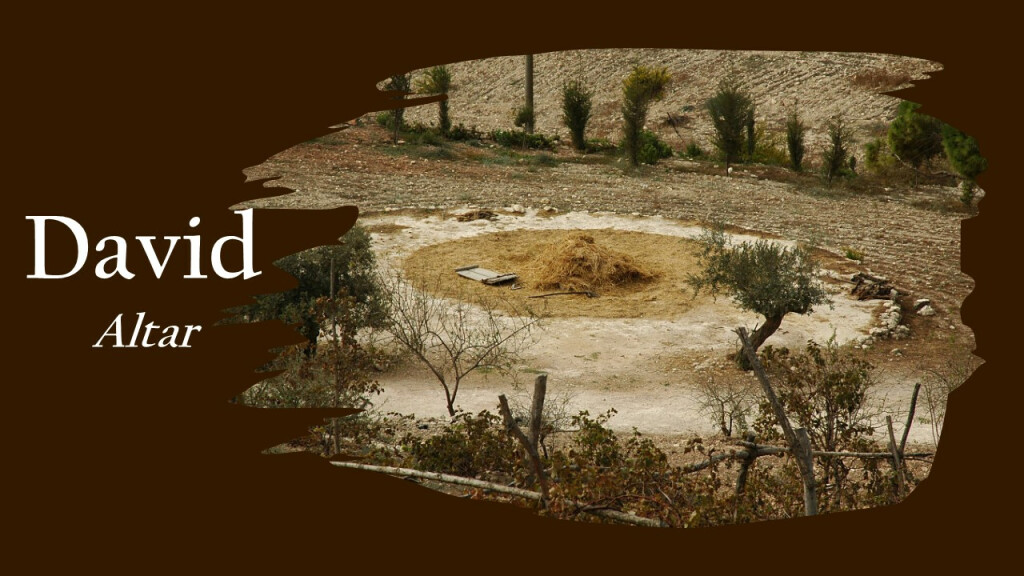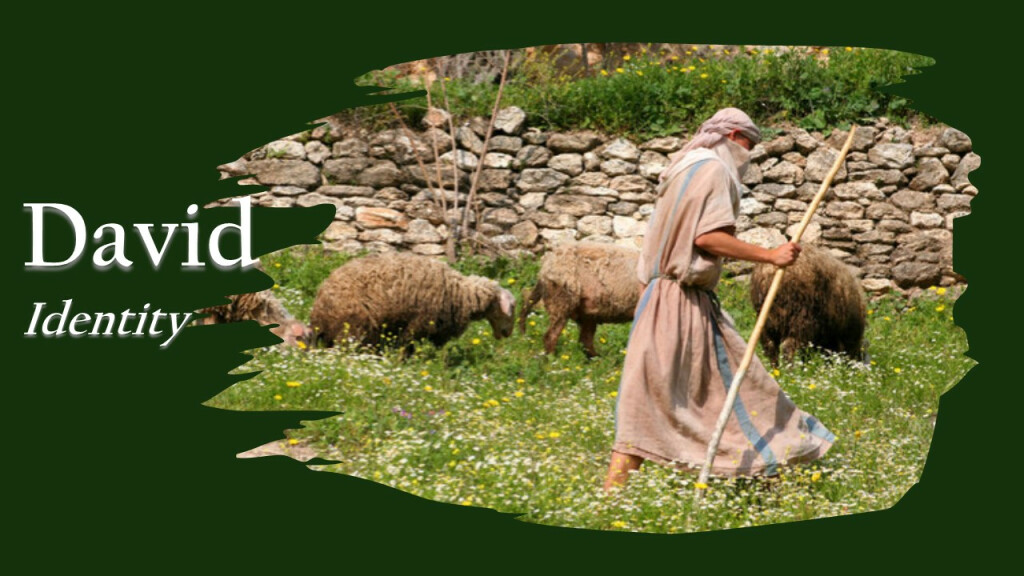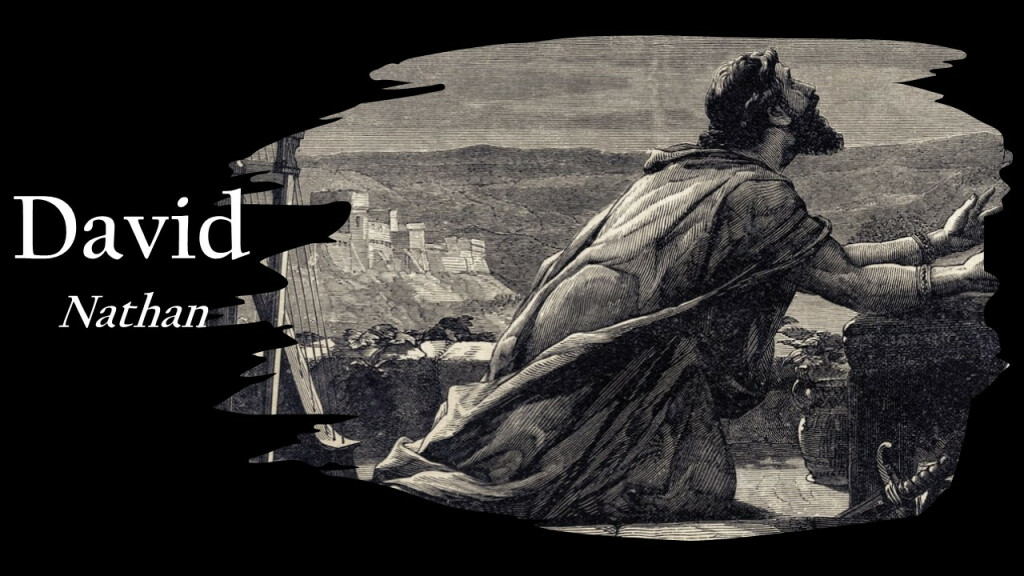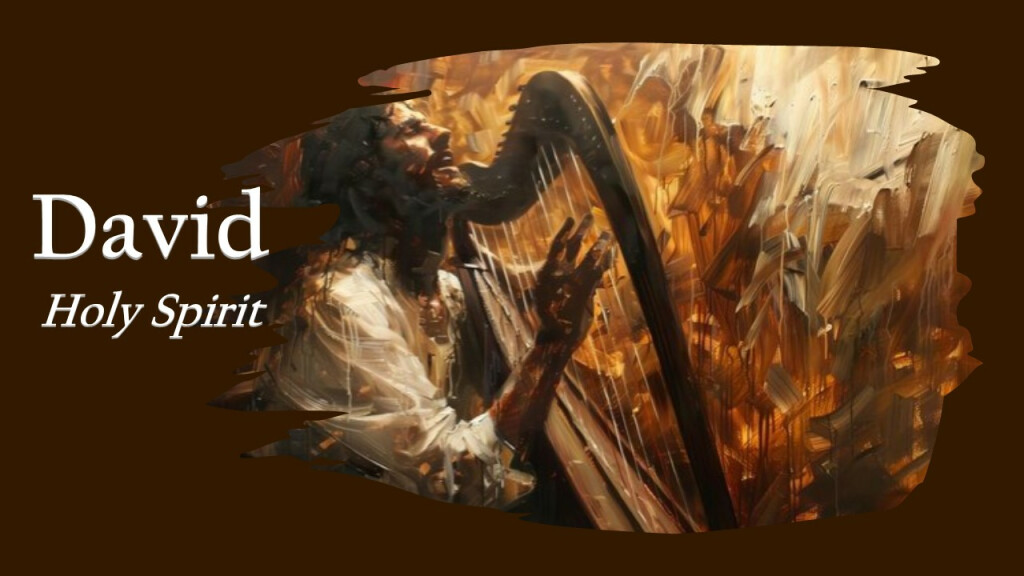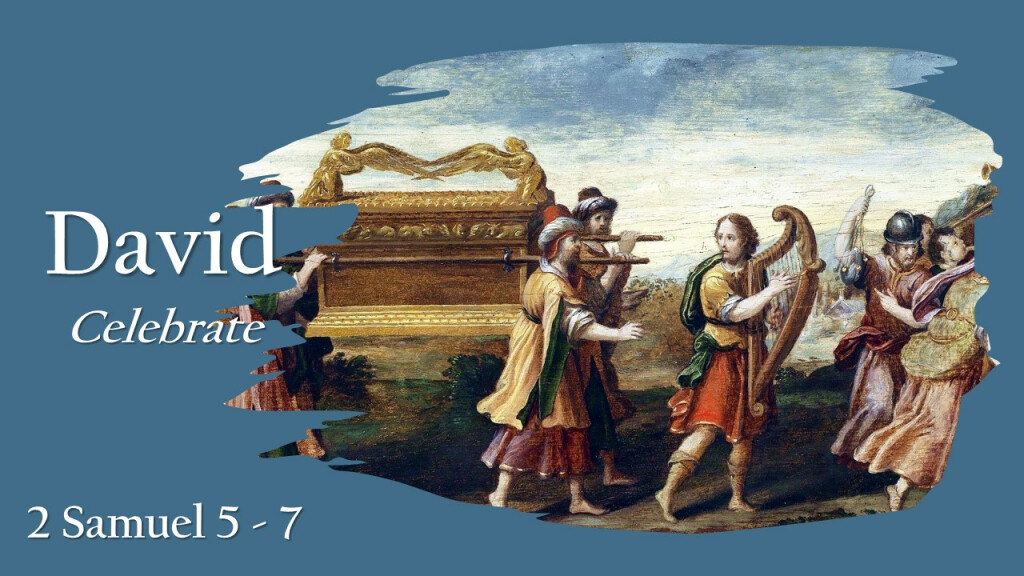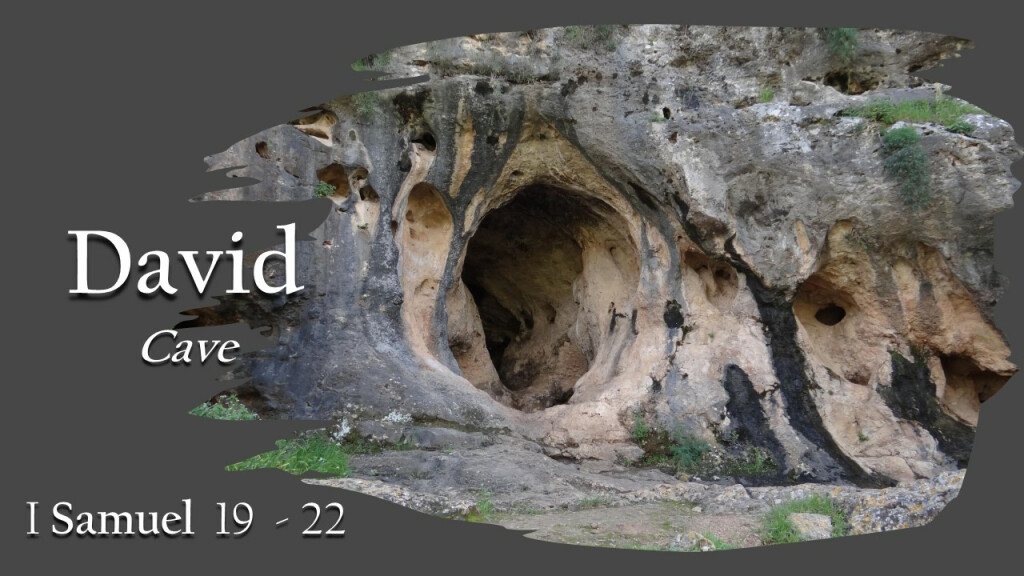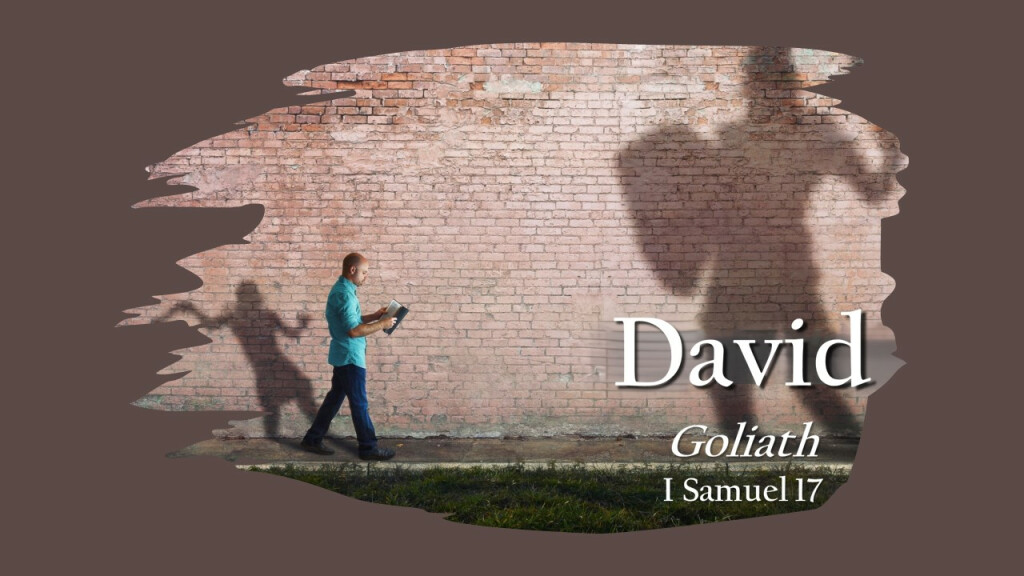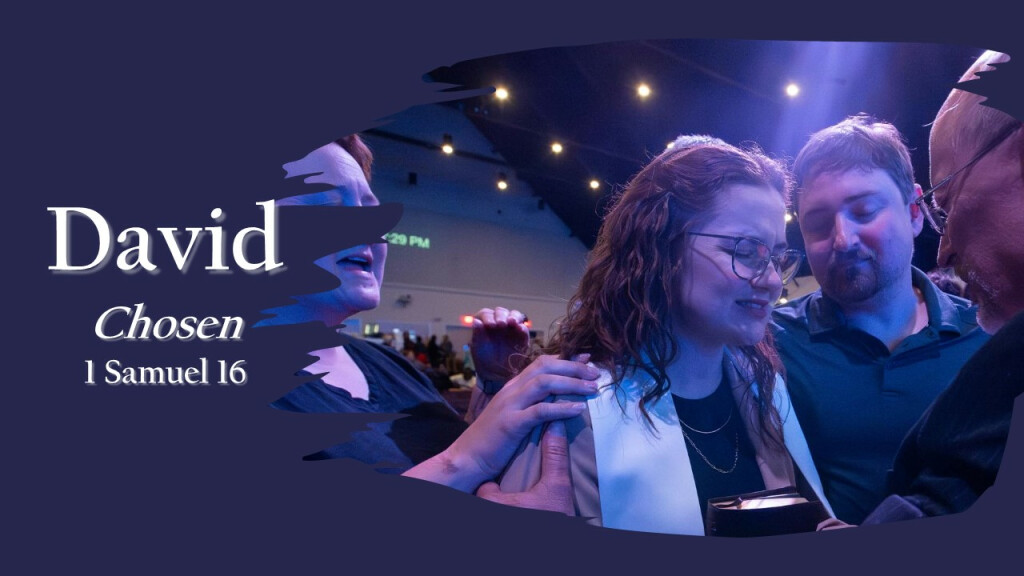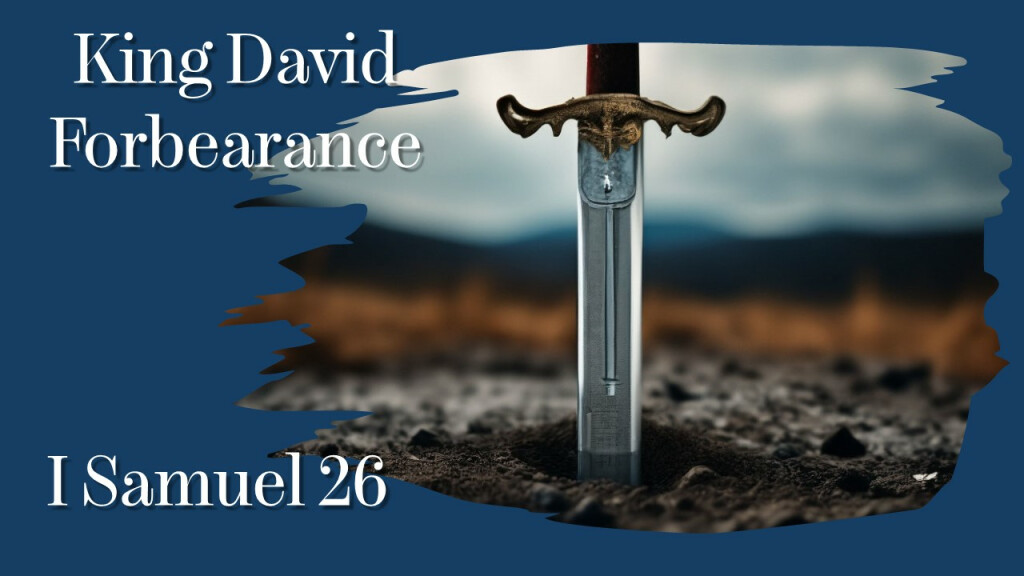Change. No one really likes changes. American culture has rapidly changed and how we express worship and spirituality changes.
• On the one hand, God and his grace are unchangeable. Moses wrote that, ‘God is not human, that he should lie, not a human being, that he should change his mind (Nu 23:19 NIV).’ Micah wrote that God delights in His unchanging love (Mi 7:18).
• On the other hand, church structures, traditions, and culture al change. Paul said, ‘I have become all things to all men, so that I may by all means save some (1Co 9:22 NASB).’ For example, we no longer sing Gregorian Chants as a part of our worship, nor does our worship music have polka rhythms (excluding parts of Wisconsin) because their popularity has faded.
Today, I want to look at one teaching of Jesus about change.
Change / Unchangeable
But let’s begin with a little background.
1. Religious ‘Barriers.’
‘Later, as Jesus left the town, he saw a tax collector named Levi sitting at his tax collector’s booth. “Follow me and be my disciple,” Jesus said to him. 28 So Levi got up, left everything, and followed him. 29 Later, Levi held a banquet in his home with Jesus as the guest of honor. Many of Levi’s fellow tax collectors and other guests also ate with them. 30 But the Pharisees and their teachers of religious law complained bitterly to Jesus’ disciples, “Why do you eat and drink with such scum?” 31 Jesus answered them, “Healthy people don’t need a doctor—sick people do. 32 I have come to call not those who think they are righteous, but those who know they are sinners and need to repent (Lk 5:27-32 NLT).”’
Meals in the ancient world, like today, are times of friendship and welcome, times of hospitality and care. We have a sign as you enter the Gathering Place that reads: ‘The gathering place, where friends become family.’
This story is about who is included in God’s family.
• Jesus’ understanding is far broader than the Pharisees.
• Jesus’ simple requirement was repentance. Levi is the ideal believer. He leaves everything behind and follows. Jesus extends grace to the repentant.
The religious leaders, the Pharisees, believe that tax collectors should be excluded from Jesus’ celebration. They required adherence to not only the Law of Moses, but to the oral traditions of the Pharisees for acceptance.
Jewish Writings Today … (Ray, block okay).
• Law, Writings, & the Prophets (Torah, Nevi’im, & Ketuvim). Our ‘Old Testament.’
• ‘Traditions of men’ – the oral tradition of the Pharisees.
• Mishnah – Jewish Laws to protect the OT (3rd c.).
• Talmud & Midrash – Interpretations of the OT & Mishnah (16th c.).
This story is the first of three episodes that reveal the religious barriers and hypocrisy of the Pharisees. They built walls to keep ‘rule keepers’ in and ‘rule breakers’ out. The Pharisees liked labels and credentials.
Mark’s retelling of what comes next is clear:
2. Wine & Wineskins.
‘Jesus replied, “Do wedding guests fast while celebrating with the groom? Of course not. They can’t fast while the groom is with them. 20 But someday the groom will be taken away from them, and then they will fast. 21 “Besides, who would patch old clothing with new cloth? For the new patch would shrink and rip away from the old cloth, leaving an even bigger tear than before. 22 “And no one puts new wine into old wineskins. For the wine would burst the wineskins, and the wine and the skins would both be lost. New wine calls for new wineskins (Mk 2:19-22 NLT).”’
This is a question about fasting and boundaries. Here is what the Pharisees saw …
What the Pharisees saw … (one block okay, Ray).
Jesus & disciples - Eat & drink with the impure. They were out of bounds!
The Pharisees - Fast, pray, and are pure.
• Jesus answers their question about fasting by saying it is a season of feasting not fasting.
Jesus then gives two illustrations – holey cloth and old wineskins - to make his point that the old and new are irreconcilable.
1. Old & New are Irreconcilable.
Pharisees’ way – Law and rule keeping.
Jesus’ way – Repentance and grace.
Jesus’ point is that the Good News of Jesus was radically different from its Jewish roots. Jesus’ gospel was a major change from Law keeping. God’s grace never changes, but grace brings change!!!
• The Pharisees insisted on keeping the Law and traditions of men.
• The Sadducees insisted on an earthly political religion that integrated with Roman rule.
• But Jesus, like John the Baptist, demanded repentance alone to receive God’s grace. ‘For by grace you have been saved through faith. And this is not your own doing; it is the gift of God (Ep 2:8 ESV).’
Jesus insists that the structure of their spirituality change from works to obtain God’s favor to repentance and grace. Grace changes how they receive forgiveness.
The old forms of religion, ritual fasting, washing of hands, etc., are like the old wineskins or the holey piece of cloth. The old spirituality is incompatible with the change that grace brings.
• The old wineskins were good for the old wine. Goatskins were used to hold wine. As the fresh grape juice fermented, the wine would expand, and the new wineskin would stretch. But a used skin, already stretched, would break.
• New wine cannot be contained within old forms. Each season required new wineskins.
In the same way, the inevitable change of culture will require the church to change.
• If the church does not regularly change, old wineskins will keep sinners from tasting God’s rich grace. The church of tomorrow will look different from the church of today, and of yesterday.
• CIC has changed a lot since I have become the pastor and I commend those of you who have made the journey with me. Most of the changes were not planned but happened naturally as we focused on becoming a healthy church. You have changed and are connecting better with our marketplace, without watering down the gospel.
While the wineskins change, the wine does not. While church structures change, the gospel does not. God’s grace never changes, but it brings change. The old wineskins, the church structures, are not as important as the wine itself!
Jesus compares himself to wine.
2. Jesus’ New Wine.
I am not knowledgeable about wine because I have only tasted it when I served communion in places that used real wine. America has a moderation problem. I find it curious that …
• Jesus’ first miracle was to turn water into wine (Jn 2:1-11).
• He was accused of eating and drinking with drunkards (Mt 24:49).
In Bible times, new wine was usually drunk at mealtime. It was a watered-down version, not very potent. Modern distillation was not developed for some time, so even the most potent ‘wine could only achieve a certain level of alcoholic content.’
Nevertheless, Jesus compares his life and body to wine: ‘He (Jesus) took the cup of wine after supper, saying, “This cup is the new covenant between God and his people—an agreement confirmed with my blood. Do this in remembrance of me as often as you drink it (1Co 11:25 NLT).”’
• He knows that his life and blood will be poured out for the punishment of our sins. His life will be crushed like a grape in a press, but he is the new wine.
• He says that his life ‘is poured out for many for the forgiveness of sins (Mt 26:28 NIV).’ His crushing death brings the rich wine of salvation.
God’s grace never changes, but grace brings change.
Let me give you an illustration.
• Zacchaeus was a flagrant sinner, he hurt his fellow Jew on behalf of the Roman Emperor. Jesus went to Jericho and saw Zacchaeus up in a tree. Jesus went to his home and the rule-keepers did not like it (Lk 19:5-7). He went outside their boundaries.
• But Jesus welcomed the sinner. Jesus did not ask him to fast, eat certain foods, wash his hands, he merely offered God’s grace.
• We do not have the full conversation, but Zacchaeus must have repented of his sins because he said, ‘“I will give half my wealth to the poor, Lord, and if I have cheated people on their taxes, I will give them back four times as much!” 9 Jesus responded, “Salvation has come to this home today, for this man has shown himself to be a true son of Abraham. 10 For the Son of Man came to seek and save those who are lost (Lk 19:8-10 NLT).”’ He was saved was not because he gave away money that he had cheated people out of, it was because he received God’s grace and started to live a changed life.
Jesus finds us in our sins and changes us!
• Just as Zacchaeus discovered the fresh sweet wine of Christ’s salvation, we can experience God’s salvation, too.
• For us personally, Jesus said, ‘And he said: “I tell you the truth, unless you change and become like little children, you will never enter the kingdom of heaven (Mt 18:3 NIV).’”
• We cannot change ourselves; we can only receive God’s grace by repentance.
• Like Zacchaeus, our lifestyle and behavior will change as we receive grace.
Communion & Conclusion.
‘While they were eating, Jesus took bread, and when he had given thanks, he broke it and gave it to his disciples, saying, “Take and eat; this is my body.” 27 Then he took a cup, and when he had given thanks, he gave it to them, saying, “Drink from it, all of you. 28 This is my blood of the covenant, which is poured out for many for the forgiveness of sins. 29 I tell you, I will not drink from this fruit of the vine from now on until that day when I drink it new with you in my Father’s kingdom (Mt 26:26-29 NIV).”’
• We eat and drink as a reminder of your rich grace. You were crushed for our sins; you were raised to new life. We receive your grace today and thank you.
• Like Levi, we find ourselves in an imperfect, sinful world. Help us to welcome fellow recipients of your grace with generous hospitality. We are your family.

